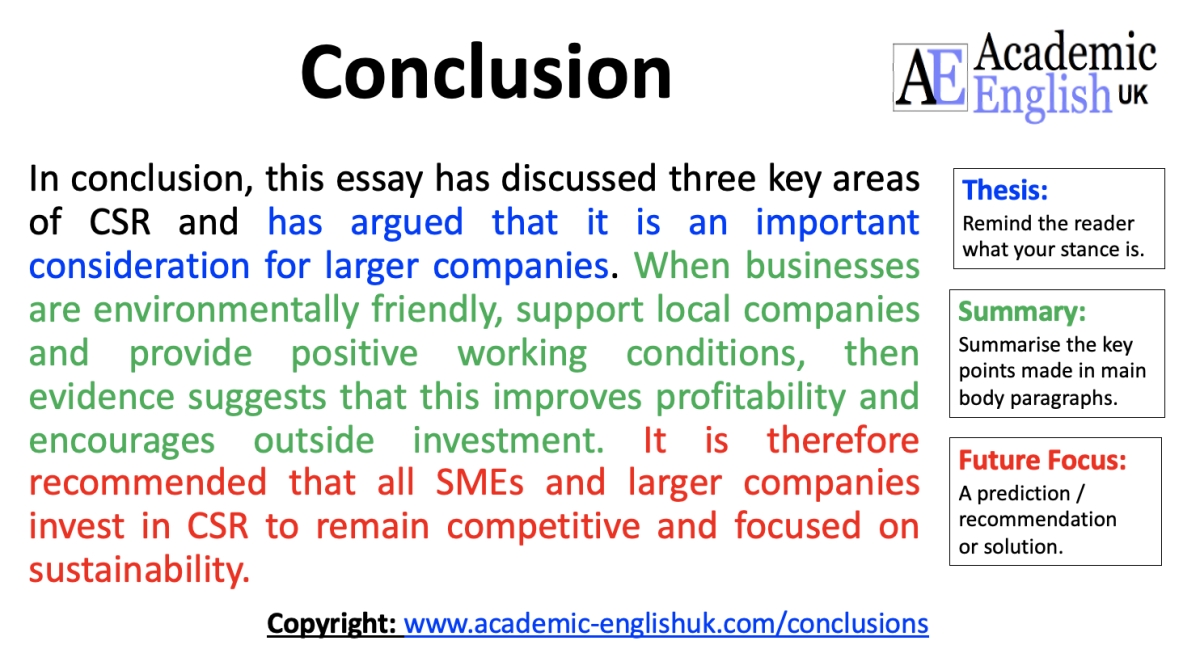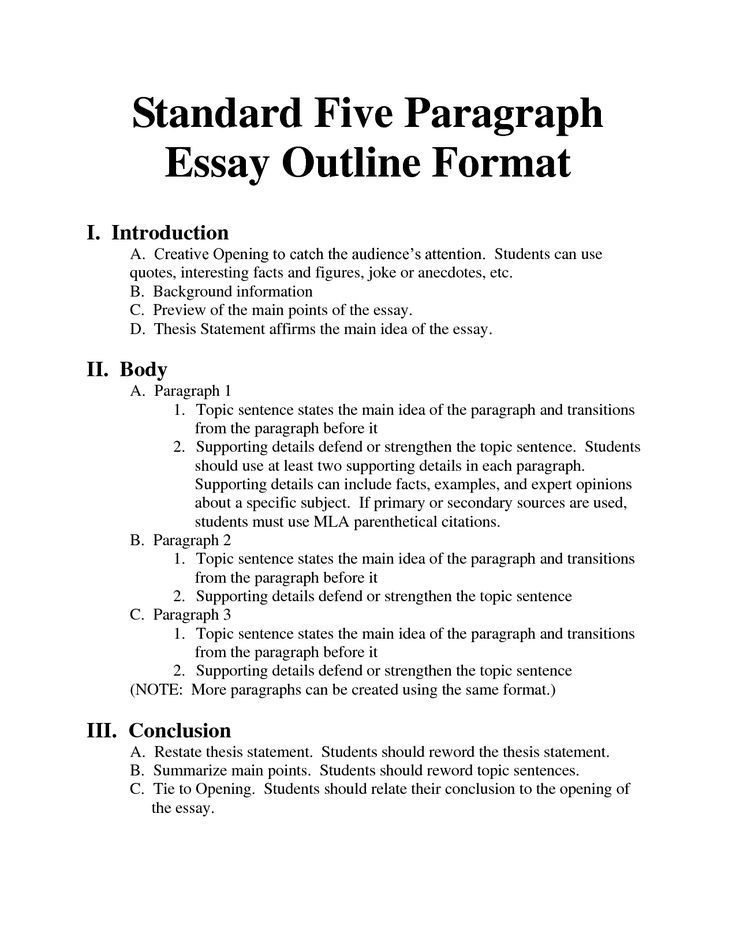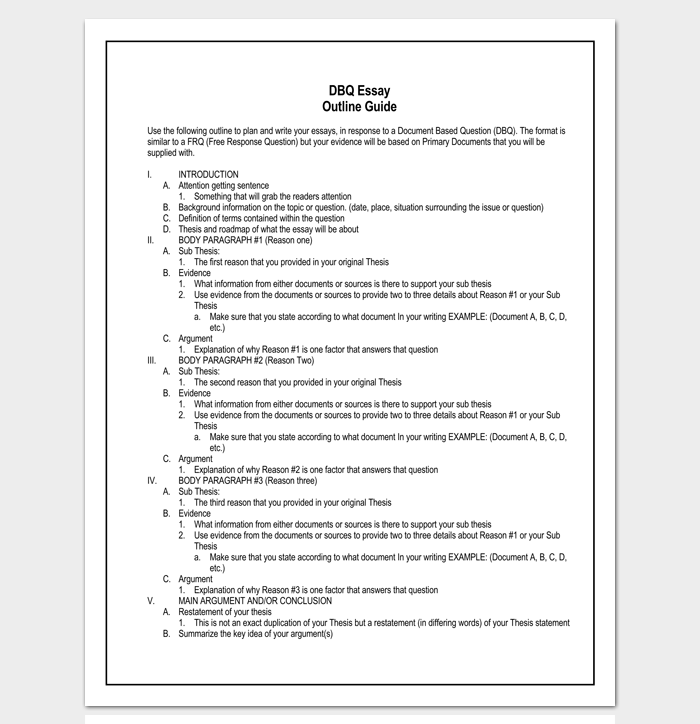When writing your conclusion, there are certain guidelines you should follow. Avoid repeating what you have already said in the introduction, or making your final sentence mostly of one-syllable words. Also, avoid ending your essay with a remorseful phrase. These tips will help you craft the perfect essay conclusion. You can find more examples of effective conclusion sentences in the article below. Just make sure to avoid these three common mistakes.
Avoid repeating what you’ve already said in your introduction
While it’s tempting to simply restate the main ideas of your essay in the conclusion, this is not the best way to do so. The conclusion is your final opportunity to make a lasting impression on your reader. Your final sentences should evoke resonance by reinforcing your central ideas and suggesting broader implications. The purpose of the conclusion is to give your Constant Reader something to ponder.
A conclusion for an essay serves a similar purpose as the introduction: to summarize the arguments in your work. Often, it is the part of an essay that makes readers understand the main point of an essay. For a longer essay that is more detailed, the conclusion may be more valuable as a summary of the argument. However, it’s important not to repeat what you’ve said in the introduction because it’s redundant and doesn’t serve its rhetorical function. Unless your essay is short, you may want to skip the conclusion all together.
Don’t repeat yourself when writing a conclusion. Your conclusion should summarize the arguments of your main body paragraphs and remind the reader of why your paper was written. For this, revisit your topic sentences from the body paragraphs. If they hold the main points, elaborate on them in the conclusion. Avoid reiterating evidence or making the same arguments as you did in the body.
Avoid ending with a sentence composed mainly of one-syllable words
The conclusion should not contain any new ideas, quotes, or analysis. Instead, it should tie everything together. You can use one syllable words to explain a single idea, but this will tend to make your essay sound rigid. In addition, it’s best to avoid fluffy language that makes your paper sound stiff and dated. Instead, make your conclusion as short as possible, preferably four to five sentences long. Make sure to use enough words to convey your main idea without rehashing any of your ideas.
The conclusion is your last chance to impress your reader. It’s the last paragraph where your reader is likely to form their final impression of your essay. The way you end your essay will greatly influence the impression your audience has of your essay, so it’s important to use simple, yet effective language. It will also help you convey a sense of completeness and closure.
As much as possible, avoid using sentences with one-syllable words. One-syllable words, for example, are rarely used in essays. Rather, sentences with one-syllable words are typically ridiculous. In addition to this, make sure your paragraph is a coherent unit. Do not use any interposed clauses. Instead, use a simple, declarative sentence.




